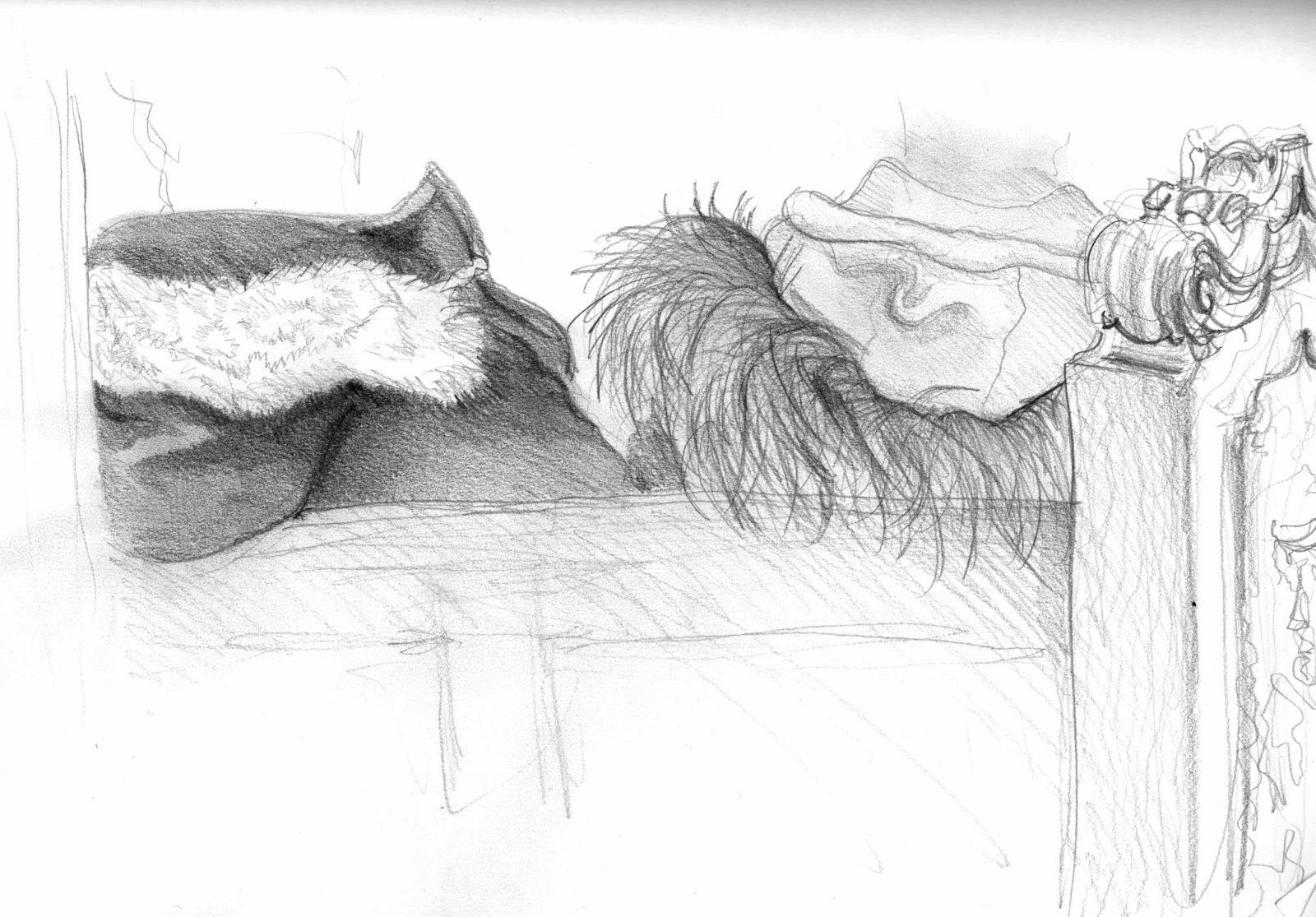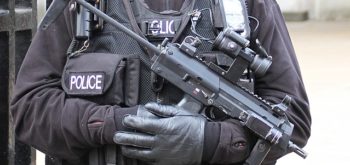Clive Freeman has served 37 years in prison for crimes he insists he did not commit, and that may never have occurred. In 1989, he was convicted of arson and the murder of Alexander Hardie after Hardie was found dead and partially burned in a flat in southeast London. Now the miscarriages of justice watchdog has referred his case to the Court of Appeal, concluding there is a real possibility it will find his convictions unsafe.
Freeman, who is in his 80s and ill with prostate cancer, applied to the CCRC six times, hoping the body would send his case back to the courts. His previous five applications, the first of which was issued in 2000, were all rejected. If his conviction is overturned, it will be the longest running miscarriage of justice in British history.
Freeman was sentenced to life imprisonment with a minimum term of 15 years for murder and five years for arson, to run concurrently, following a trial at the Old Bailey. Hardie’s body was found in April 1988 after neighbours noticed the flat was on fire and raised the alarm. Freeman, who had been staying in the flat, left the country the same day. Prosecutors posited an insurance scam; they said Freeman had killed Hardie, a homeless alcoholic, before starting the fire and fleeing – so it would appear he himself had died, paving the way for a life insurance claim.
During the trial a pathologist proposed Freeman, a former soldier, had suffocated Hardie using a technique called ‘burking’. However, in subsequent years consensus has built around an alternate theory: that Hardie was not murdered and that his death was likely linked to alcohol and prescription drugs.
The CCRC said: ‘As part of our review into Clive Freeman’s conviction we have analysed the significant body of expert pathology opinion, and we have also considered our previous decisions in this case.
‘Since Mr Freeman’s trial, there has been significant expert pathology opinion that taken together changes the picture on the prosecution pathology evidence. There is now a real possibility the Court of Appeal will find Mr Freeman’s conviction unsafe.’
This referral comes amidst ongoing concerns about whether the CCRC is fit for purpose. Chair Helen Pitcher resigned in January over its mishandling of the case of Andrew Malkinson, who spent 17 years in prison for a rape he did not commit. Chief executive Karen Kneller followed in July in the wake of a damning report by the House of Commons justice committee. ‘Who is actually running the organisation?’ asked Andy Slaughter, one of the MPs on the committee, during an evidence session with Kneller.
Former victims commissioner Dame Vera Baird, who was appointed interim chair in June, has called the CCRC’s past leadership ‘arrogant’ and ‘dismissive’. She is overseeing a review of the organisation, covering internal governance, leadership, operational effectiveness, and how it performs its statutory functions.
‘This is a hugely important organisation for a criminal justice system,’ Baird told BBC Radio Four. ‘Miscarriages of justice desolate the lives of the wrongly accused and they make the public less safe.’






